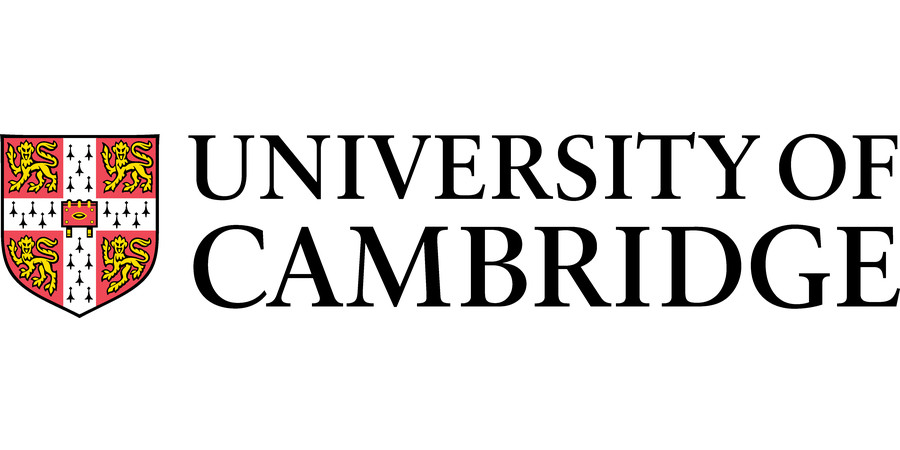PhD Studentship: Chemical Biology of the Genome and the Epigenome
University of Cambridge - Yusuf Hamied Department of Chemistry
| Qualification Type: | PhD |
|---|---|
| Location: | Cambridge |
| Funding for: | UK Students, EU Students, International Students |
| Funding amount: | See advert for details |
| Hours: | Full Time |
| Placed On: | 1st October 2024 |
|---|---|
| Closes: | 14th November 2024 |
| Reference: | MA43428 |
We invite applications from creative and enthusiastic individuals interested in joining Professor Sir Shankar Balasubramanian's group for a 4-year PhD studentship, working on a multidisciplinary project exploiting both chemistry and biology to explore fundamental mechanisms of genome function (see: http://www.balasubramanian.co.uk). Students in the group work on one of our primary research goals.
The first area is the investigation of the structure and function of DNA (and RNA) secondary structures called G-quadruplexes (G4s). Studies suggest G4s are important for the control of transcription, translation and other key processes in biology and we aim to elucidate their role, with an emphasis on intervention strategies for cancer [e.g. see PNAS, 2024, 12(7), e2320240121; Nature Chemistry, 2021, 13, 626¿633; Trends in Chemistry, 2020, 2:2, 123-136; Nature, 2018, 558, 465].
A second area focusses on developing techniques to map where small molecules bind to DNA and RNA, and to identify the proteins associated with their binding sites [e.g. see Nature Biotechnology 2023, doi.org/10.1038/s41587-022-01636-0].
The third area investigates base modifications in nucleic acids. The DNA alphabet includes natural chemical modifications to DNA bases that can change the structure, recognition and function of the DNA. Our research aims to elucidate these modifications and their effects on the folded structure of DNA, protein-DNA interactions and also the assembly of nucleosomes with the goal of explaining how and why this modulates function in cells and organisms [e.g. see: J.Am.Chem.Soc, 2023, 10505; J.Am.Chem.Soc., 2020, 21484; Nature Chemistry, 2019, 11, 629; Nature Chemistry, 2018, 10, 1258].
All our projects involve developing and using cutting-edge technologies in chemical biology, molecular biophysics, structural biology and particularly genomics.
This studentship will be primarily based in the Balasubramanian lab at the Yusuf Hamied Department of Chemistry but will involve collaborative interactions with the group's with the group's laboratory at the CRUK Cambridge Institute.
Applicants must have (or expect to obtain) at least the equivalent of a UK upper second-class Master's degree in a chemical or biological discipline that is relevant to the project. Ideally, the candidate will have a strong background in organic chemistry and/or chemical biology. A good knowledge of nucleic acid chemistry and/or molecular biology methods is desirable. Motivation, creativity and intellectual independence are desirable as are excellent communication skills with the ability to work collaboratively.
The studentship commences in October 2025 and provides a maintenance grant and tuition fees at the UK rate. However, we could support outstanding overseas students in their application for a suitable scholarship.
To apply, please email a cover letter, CV, detailed academic transcripts and the contact details for two academic referees direct to: Jo Lockhart, Balasubramanian Group Science Administrator (BalasubramanianRecruitment@ch.cam.ac.uk), including 'PhD: October 2025' in the subject line.
Your cover letter should explain why you wish to be considered for the studentship and describe the relevant qualities and experience you have to undertake a PhD. Please also state how you learned of the studentship.
For queries regarding the studentship, please contact Jo at BalasubramanianRecruitment@ch.cam.ac.uk.
Please quote reference MA43428 on your application and in any correspondence about this vacancy.
The University actively supports equality, diversity and inclusion and encourages applications from all sections of society.
Advert information
Type / Role:
Subject Area(s):
Location(s):









